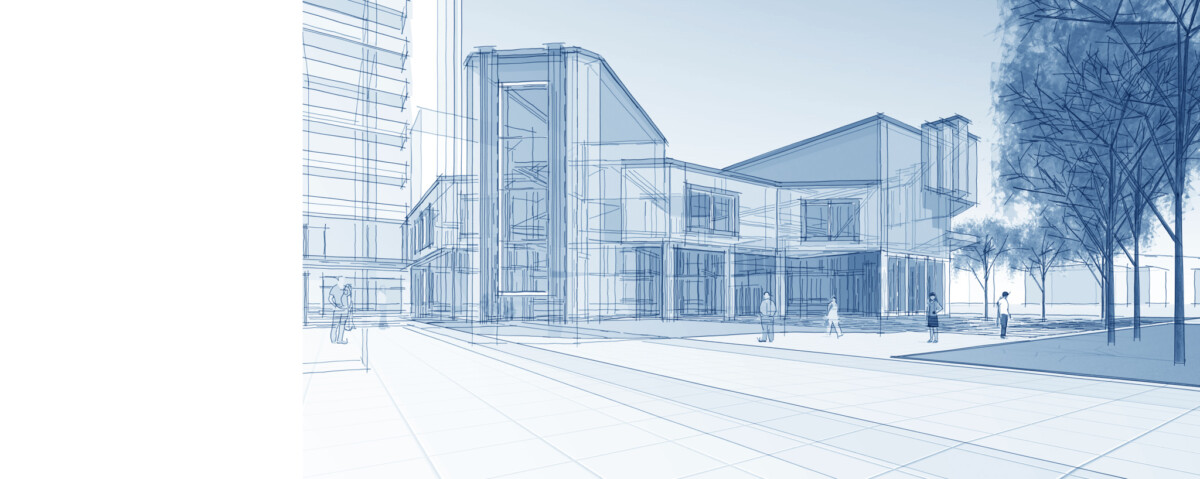Impact of Remote Work on Real Estate Trends
The COVID-19 pandemic drastically transformed the way people live and work. One of the most significant changes was the rapid adoption of remote work across industries. As companies transitioned to flexible work models, the real estate market experienced notable shifts. This article delves into the impact of remote work on real estate trends, examining both residential and commercial sectors and potential future implications.
Rise of Suburban and Rural Living
With the necessity of living near urban job centers diminishing, many professionals took advantage of remote work to relocate to suburban and rural areas. This shift has driven demand for larger homes with dedicated office spaces, outdoor areas, and better overall quality of life. According to industry reports, suburban real estate markets have seen substantial price increases and inventory shortages as remote workers opt for properties with more space.
Moreover, smaller cities with affordable housing and attractive amenities have also gained popularity. Previously overlooked regions are booming as professionals seek a better balance between affordability and lifestyle.
Decline in Urban Housing Demand
Conversely, major urban centers have experienced a softening demand, particularly for rental properties. Fewer professionals need to commute to city-based offices, so rental prices in metropolitan areas have either stagnated or decreased. While some cities show signs of recovery, the long-term impact on urban real estate remains uncertain.
This trend has prompted property owners and developers to reimagine urban spaces, focusing on amenities that cater to the hybrid workforce. Flexible leasing options, enhanced communal areas, and tech-friendly features are becoming increasingly common as part of efforts to attract remote-working tenants.
Commercial Real Estate Transformation
Commercial real estate has arguably faced the most disruption from the remote work revolution. Office buildings have experienced higher vacancy rates as companies adopt hybrid or fully remote work models. Many businesses have downsized their physical office spaces or chosen to sublease unused areas to reduce operational costs.
Additionally, the demand for co-working spaces has risen as companies seek flexible alternatives that offer temporary office solutions. This trend is expected to continue, with businesses favoring more petite, agile real estate footprints.
Technology-Driven Real Estate
The surge in remote work has accelerated technological advancements within the real estate sector. Virtual tours, online transactions, and AI-driven platforms for property management have become essential tools for buyers and sellers. Furthermore, integrating smart home features has become a selling point for properties catering to remote workers seeking enhanced convenience and productivity.
Commercial real estate also embraces technology by offering innovative building solutions designed to optimize energy use, enhance security, and provide customizable environments for tenants. Technology will continue to play a pivotal role in shaping real estate trends.
Impact on Investment Strategies
Remote work has influenced investment strategies across the real estate market. Investors increasingly consider suburban residential properties, co-working spaces, and even niche markets like vacation homes viable opportunities. Diversification is becoming a key theme as market dynamics shift and new trends emerge.
Additionally, the potential repurposing of vacant commercial spaces for residential or mixed-use developments is an area of growing interest. Adaptive reuse projects offer creative solutions to meet evolving market demands and address urban housing shortages.
Future Outlook
As remote work becomes a fixture of the modern workforce, its impact on real estate trends will persist. While urban centers may eventually regain some of their former appeal, the newfound flexibility of remote work has permanently altered how and where people choose to live and work. Real estate professionals, developers, and investors must adapt to these evolving trends to remain competitive in a rapidly changing market.
The interplay between remote work and real estate is far from settled. Ongoing technological advancements, policy changes, and cultural shifts will continue to shape the landscape. The key to success in this new era of real estate lies in understanding and responding to the ever-changing needs of a more flexible, mobile workforce.
Thank you for reading! If you enjoyed this article and want to explore more content on similar topics, check out our other blogs at Sonic Loans, Sonic Realty, and Sonic Title. We have a wealth of information designed to help you navigate the world of real estate and finance. Happy reading!
Are you looking for the right loan? Check out Sonic Loans for tailored mortgage solutions that make home financing simple and efficient.
What Are Closing Costs and How Much Should You Expect?
The Complete Guide to Mortgage Pre-Approval
How to Improve Your Credit Score Before Applying for a Mortgage
FHA vs. Conventional Loans: What’s Best for First-Time Buyers?
Digital Property Management Solutions: The Future of Real Estate Efficiency
Virtual Reality in Property Marketing: The Future of Real Estate
PropTech Trends Shaping Real Estate
AI in Real Estate: Current Applications
Blockchain in Real Estate: Future Applications









